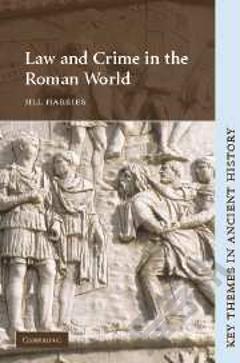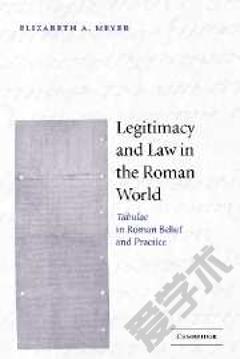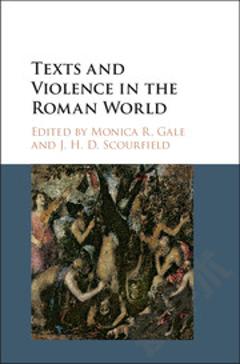Law and Crime in the Roman World
What was crime in ancient Rome? Was it defined by law or social attitudes? How did damage to the individual differ from offences against the community as a whole? This book explores competing legal and extra-legal discourses in a number of areas, including theft, official malpractice, treason, sexual misconduct, crimes of violence, homicide, magic and perceptions of deviance. It argues that court practice was responsive to social change, despite the ingrained conservatism of the legal tradition, and that judges and litigants were in part responsible for the harsher operation of justice in Late Antiquity. Consideration is also given to how attitudes to crime were shaped not only by legal experts but also by the rhetorical education and practices of advocates, and by popular and even elite indifference to the finer points of law.
{{comment.content}}








 京公网安备 11010802027623号
京公网安备 11010802027623号